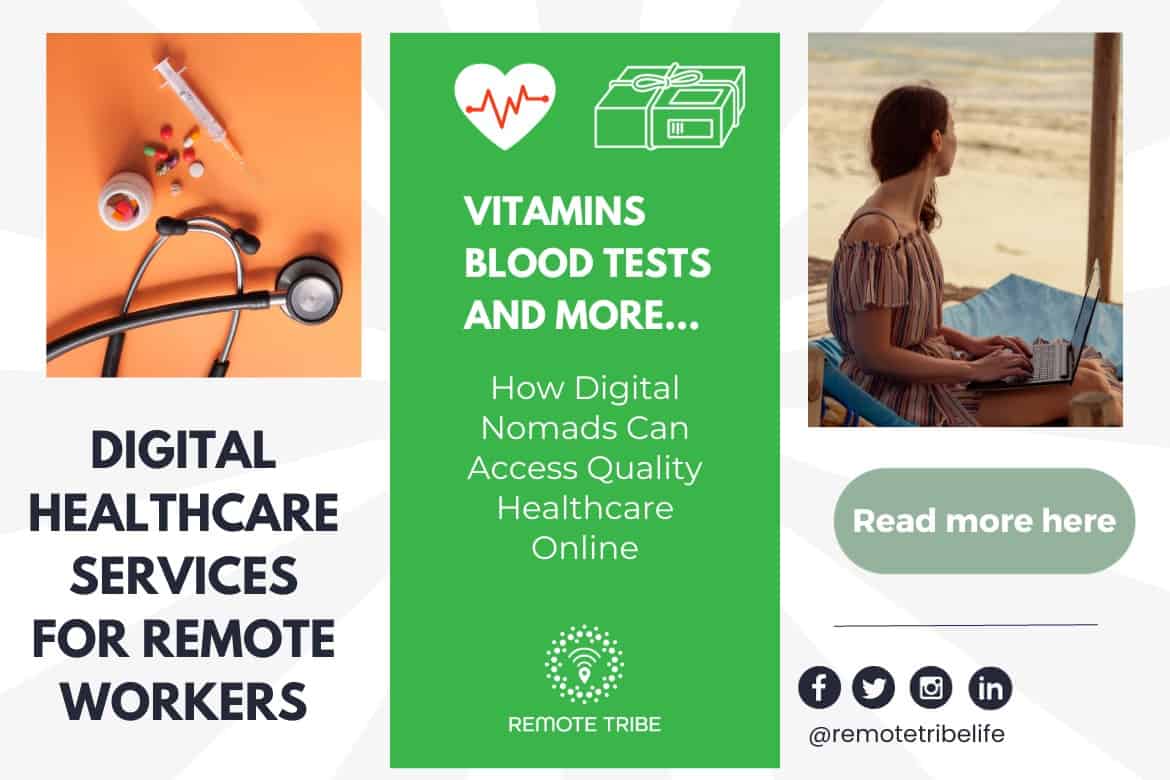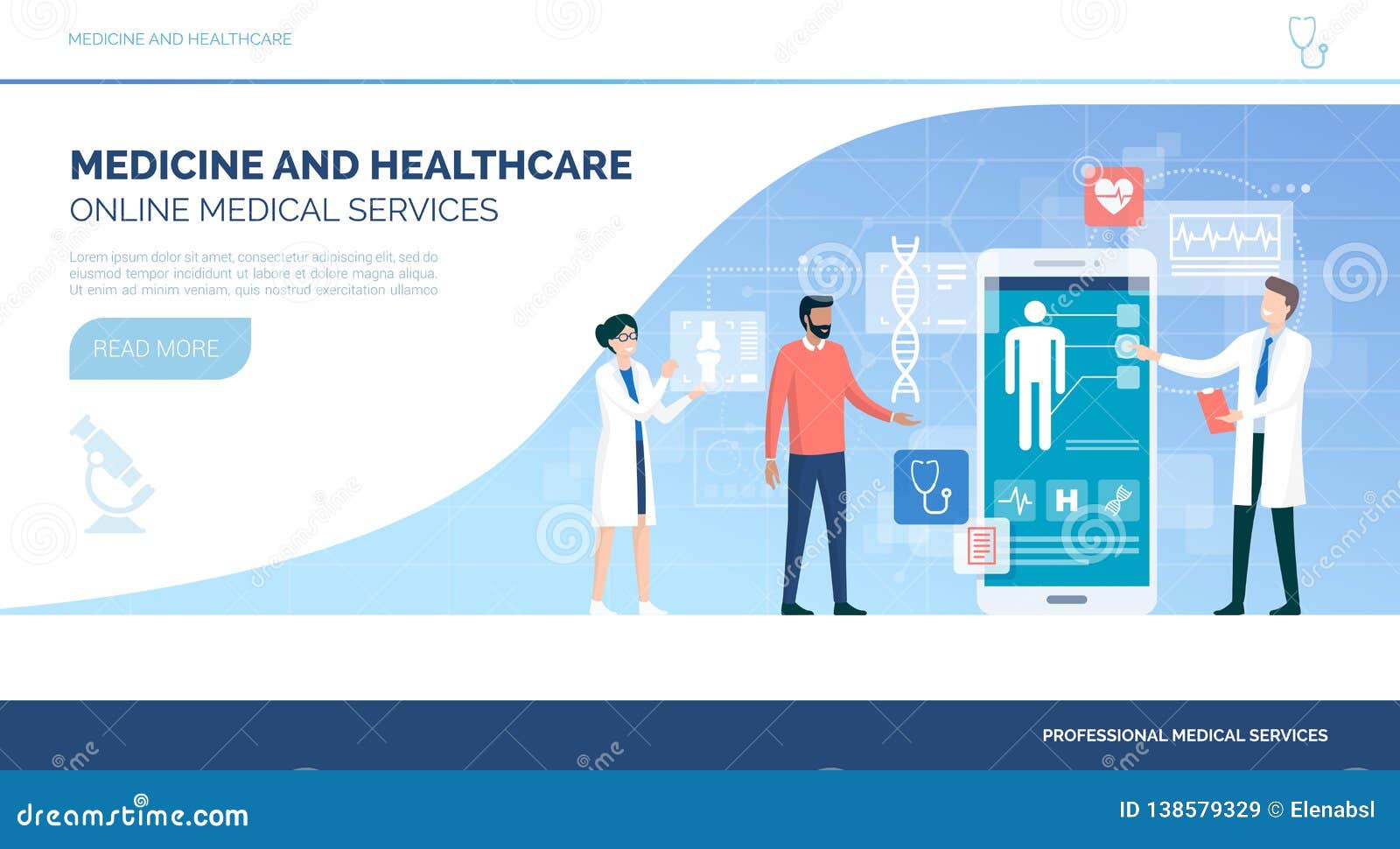Browsing the Future of Medicine With Subscription-Based Healthcare Services
As the healthcare sector advances, subscription-based solutions become an essential design guaranteeing to reshape patient treatment shipment. With the prospective to offer structured, cost-efficient options with predictable rates and individualized interest, these services stand at the center of contemporary medical technology. As we consider their surge, one need to ponder the effects of integrating such systems right into existing health care frameworks. What obstacles do they position in regards to data security and fair access, and exactly how might they redefine the patient-provider relationship? The solutions to these concerns can essentially modify our technique to healthcare.
Surge of Subscription Medical Care
As healthcare systems worldwide face enhancing stress from rising expenses and need for services, the advent of subscription-based health care versions has become a transformative trend. This innovative approach is interfering with traditional health care shipment by supplying a foreseeable, flat-rate payment structure for clinical solutions. Rooted in the concepts of attendant medication, subscription-based healthcare allows providers to concentrate on individualized individual treatment while simultaneously handling operational effectiveness.
The enhancing consumer need for transparency and predictability in healthcare expenditures has driven the shift in the direction of this design. Subscription-based solutions usually use direct access to health care specialists, which can reduce the management burdens linked with insurance coverage claims and repayments.
This model is obtaining grip amongst diverse healthcare carriers, from medical care doctors to specialized clinics, by straightening financial motivations with continuous and preventative care. By moving the emphasis from volume to value-based treatment, subscription health care has the possible to reshape the landscape, promoting a more patient-centered and lasting method to health and wellness management.
Benefits for Individuals

In addition, subscription-based solutions often highlight precautionary treatment, urging normal exams and wellness testings. This aggressive method can cause very early discovery of health and wellness concerns, possibly enhancing results and lowering lasting medical care prices for individuals. In addition, such versions commonly supply clear prices, enabling clients to better understand their healthcare expenses and stay clear of unanticipated clinical expenses.
The customized nature of subscription-based healthcare additionally boosts client experience. Patients can obtain customized healthcare strategies that fit their particular demands, cultivating a much more patient-centric approach. This customization can result in better individual fulfillment and adherence to treatment strategies. Subscription services typically integrate wellness programs, supporting patients in preserving total health and wellness and well-being. Eventually, these advantages collectively add to a more effective, cost-effective, and patient-friendly health care experience.
Innovation's Duty in Change

Expert system (AI) plays a crucial function in anticipating analytics, article helping in very early medical diagnosis and tailored therapy strategies. AI formulas examine vast datasets to determine patterns that may be ignored by human observation, thus improving clinical decision-making. Furthermore, electronic wellness documents (EHRs) simplify person details administration, guaranteeing continuity and coherence of treatment across various solutions and providers.
Blockchain innovation enhances information safety and privacy, critical for preserving client rely on electronic platforms. It makes it possible for transparent and secure deals of medical information, making sure that sensitive info remains secured. With the integration of maker learning and AI, blockchain can automate intricate healthcare procedures, reducing management burdens.
Considerations and obstacles
While innovation thrusts the abilities of subscription-based medical care services, it likewise presents a set of difficulties and factors to consider that have to be addressed to make sure effective implementation. One considerable obstacle is the equitable availability of these solutions. As subscription models commonly depend on digital platforms, there is a danger of aggravating the digital divide, leaving behind individuals without net accessibility or digital literacy. Making sure these solutions do not overmuch profit only tech-savvy and wealthy populations is imperative.
Information personal privacy and safety stand for one more vital factor to consider. Subscription-based solutions commonly involve the collection and storage of large amounts of personal health details. Providers must stick to rigorous information security guidelines to preserve client trust and prevent unapproved accessibility, which might result in significant moral and lawful consequences.
Additionally, the sustainability of subscription versions presents a difficulty. As healthcare requires develop, maintaining a cost-effective equilibrium between subscription costs and service top quality is crucial to stop patient frustration and attrition. Integrating these solutions within conventional medical care systems needs smooth interoperability between systems, which is typically a complex and resource-intensive venture. Addressing these difficulties is essential as subscription-based health care solutions remain to broaden and evolve.
Future Effects for Medication
Subscription-based medical care solutions are positioned to significantly influence the future landscape of medicine by reshaping how care is accessed and delivered. These models provide the potential to democratize healthcare access, offering clients with more customized and timely interventions. By leveraging modern technology, such as telemedicine and information analytics, registration solutions can assist in constant tracking and tailored health monitoring, hence enhancing results and decreasing the concern on traditional healthcare systems.
As find more information these solutions gain grip, they might stimulate a change in the direction of preventative care, emphasizing the importance of early discovery and administration of chronic problems. This positive method may ultimately decrease medical care expenses by reducing the need for pricey treatments emerging from late-stage illness management. Furthermore, registration designs offer a scalable option to deal with differences in health care access, specifically in rural or underserved populations.
However, the shift in the direction of subscription-based designs demands attending to governing and moral considerations, consisting of information privacy and fair access. As the market advances, collaborative initiatives in between policymakers, innovation programmers, and doctor will be critical to establishing robust structures that guard patient rate of interests while cultivating innovation. Eventually, these solutions assure to add considerably to a much more reliable, patient-centered you could try this out medical care ecosystem.

Conclusion
Subscription-based medical care services represent a substantial evolution in the medical area, supplying predictable expenses and individualized care that enhance availability and focus on preventive steps. Technical innovations, such as telemedicine and AI-driven analytics, help with tailored individual experiences, boosting overall health results. Difficulties such as information personal privacy and fair access should be resolved to ensure the widespread benefits of these services. As the health care landscape progresses, membership versions are positioned to play a crucial role in shaping the future of medication.
As the medical care market develops, subscription-based services arise as an essential version promising to improve patient care distribution.As healthcare systems around the globe face raising pressures from increasing expenses and demand for solutions, the arrival of subscription-based health care models has actually arised as a transformative trend (subscription based healthcare).With the surge of subscription-based health care models improving conventional healthcare distribution, clients are starting to experience considerable benefits from this cutting-edge method. As medical care needs advance, preserving an economical balance in between subscription charges and service high quality is vital to stop client frustration and attrition.Subscription-based healthcare solutions are poised to substantially influence the future landscape of medicine by improving how treatment is accessed and delivered